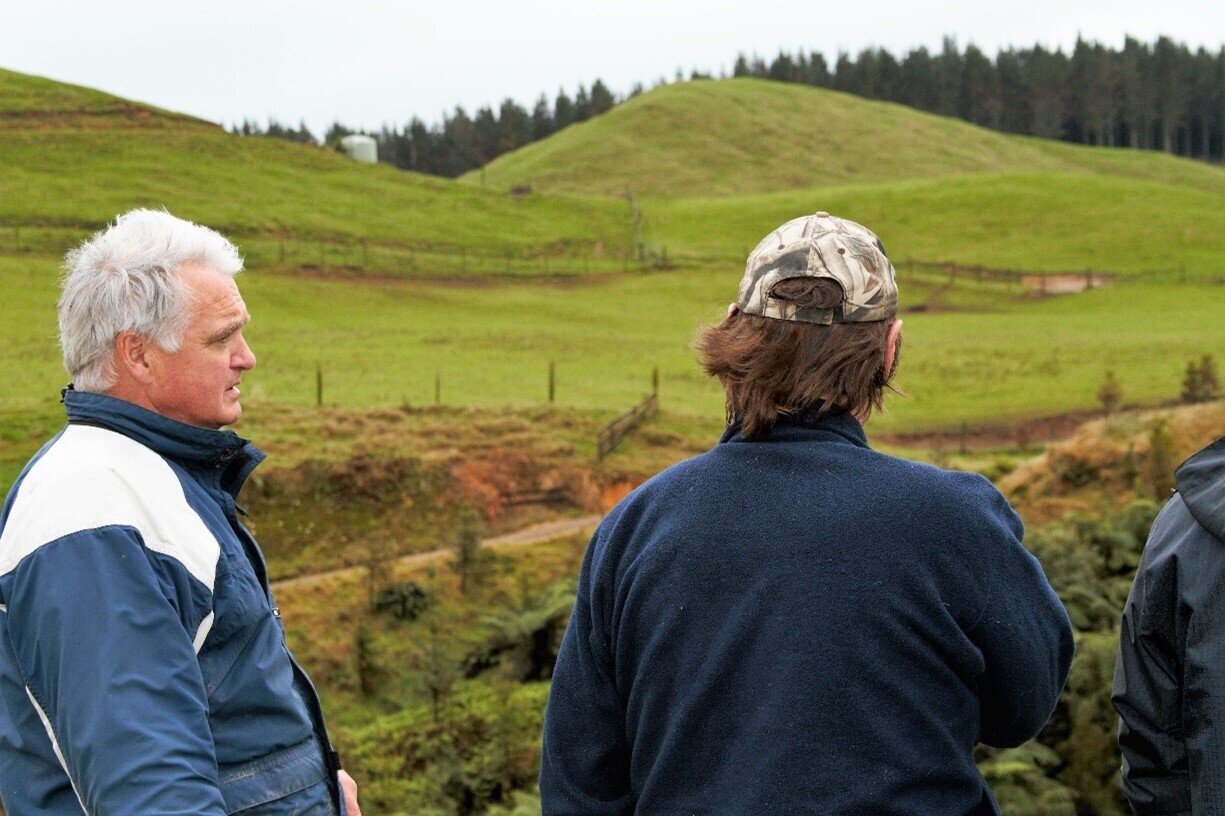Getting started on your Land Environmental Plan
By John Burke, Wai Kōkopu governance group
A Land Environmental Plan (LEP) will likely be required by all farmers and orchardists by 2025. The LEP will need to identify all environmental issues and risks pertaining not just to commercial production but to all land contained within the title boundary and its impact on the immediate and surrounding environment.
Issues that need to be addressed will include:
· Waterways and biodiversity
· Land and soils – including water overland flow and critical source areas (CSA)
· Soil health and nutrient management
· Water and irrigation
· Storage infrastructure and waste
· Crop spray and integrated pest management
· Greenhouse gases
· Animal welfare.
Government and sector groups (dairy, pastoral, forestry, horticulture) are currently working on developing LEP templates which meet both customer specific Global GAP (good agricultural practice) standards and National Environmental Standards for freshwater. Alongside this is the recognition that flexibility will be required to deal with catchment specific issues under the jurisdiction of regional councils who increasingly are likely to be working alongside community catchment initiatives such as Wai Kōkopu (Pongakawa catchments feeding the Waihi Estuary). Planning for and management of these initiatives will require a property scale LEP GIS mapping and data platform which can integrate with catchment scale works programs.
Further, many commercial land owners across New Zealand are multi-enterprise (e.g. dairy, sheep and beef, forestry, kiwifruit and avocado), and do not wish to be encumbered with multiple sector specific LEPs but rather work to a single property plan - development of a pan-sector LEP template is included in Wai Kōkopu’s list of projects.
In the meantime there is an opportunity for land owners to take advantage of funding available through Bay of Plenty Regional Council in association with Wai Kōkopu to begin environmental rehabilitation works on their properties in relation to waterways, biodiversity, land and soils.
For further information please contact Tom Anderson tom@wai-kokopu.org.nz .



